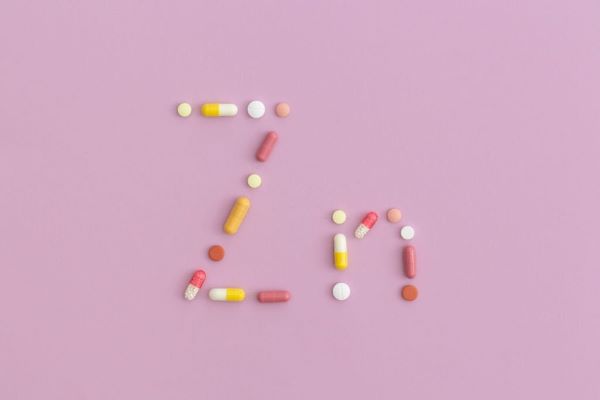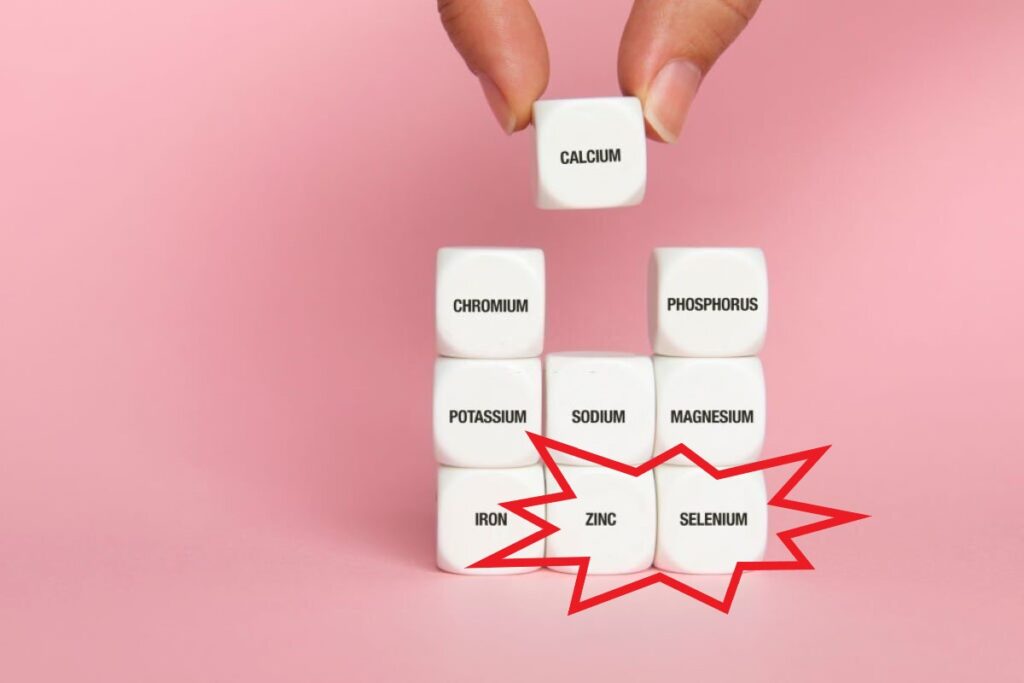Are you struggling with weight management and looking for a natural way to shed those extra pounds? You might have heard about the potential benefits of zinc and selenium supplements.
But, are they effective? Let’s dive into the world of zinc and selenium and see what science has to say!
What are Zinc and Selenium?
Zinc and selenium are essential minerals that play a crucial role in our body. Zinc is known for its immune-boosting properties, while selenium is a powerful antioxidant. But did you know how they might also impact our body composition?
A recent study found the impact of zinc selenium duo on body composition and thyroid function in the overweight population.
Zinc to the Rescue?
There have been studies that suggest zinc supplementation might help in managing body composition for individuals who are overweight or obese.
Zinc can also impact libido and performance indirectly.
However, the results are not consistent across all studies. Some studies have shown positive effects, especially when zinc supplements are taken for more than six months. On the other hand, some studies have shown improvements in a shorter duration of one to four months.

One interesting finding is that zinc might also have a role in controlling appetite, possibly by regulating hormones. This could be one of the ways it helps in managing body weight.
The connection between zinc and PCOS significantly impacts women’s weight management.
Before you get too excited, it’s important to note that the evidence supporting the use of zinc for weight management is moderate. This means that more research is needed to draw any concrete conclusions.
Zinc can impact testosterone levels if you are concerned about testosterone boost for better performance.
What About Selenium?
Like zinc, selenium supplementation has also been studied for its effects on body composition. However, the evidence is mixed.
Some studies have shown that selenium supplementation can improve body composition, especially when combined with a low-calorie diet. For example, one study found that taking selenium supplements led to a significant reduction in body fat.
But again, not all studies agree. Some have found no significant changes in body composition with selenium supplementation.
Combining Selenium and Zinc
What happens when you combine zinc and selenium supplements? Well, only one study has looked into this, and the results were not promising. The study found no favorable changes in body composition when zinc and selenium were taken together.
Zinc With Selenium: The Science Behind It
The mechanisms through which zinc and selenium affect body composition are not fully understood. However, it is believed that they might impact hormonal changes, immune function, and the body’s muscle-building ability.
For selenium, it is thought that it might inhibit the formation of fat cells. Additionally, selenium is known to play a role in the functioning of selenoproteins, which are believed to regulate redox homeostasis and endoplasmic reticulum stress in fat tissues.
What About Thyroid Function?
Selenium supplementation has also been studied for its effects on thyroid function, which is known to be associated with body composition. Some studies have shown that selenium supplements can decrease thyroid-stimulating hormone (TSH) levels, which might benefit individuals with subclinical hypothyroidism.

Food Rich in Selenium and Zinc
Foods rich in Selenium and Zinc are essential for maintaining good health. Including these foods in your diet can help you meet your daily requirements for these minerals. Here’s a list of foods that are rich in Selenium and Zinc:
Foods Rich in Selenium
- Brazil Nuts: One of the richest sources of selenium. Just a few nuts can fulfill your daily requirement.
- Seafood: Tuna, sardines, oysters, clams, and shrimp.
- Eggs: A good source of selenium, especially the yolk.
- Meat: Including chicken, turkey, beef, and pork.
- Whole Grains: Brown rice, whole wheat bread, and quinoa.
- Dairy Products: Milk and yogurt.
- Sunflower Seeds: A good plant-based source of selenium.
- Mushrooms: Such as shiitake and white button mushrooms.
Foods Rich in Zinc:

- Red Meat: Such as beef and lamb.
- Shellfish: Oysters are particularly high in zinc.
- Legumes: Such as chickpeas, lentils, and beans.
- Seeds: Pumpkin seeds, sesame seeds, and chia seeds.
- Nuts: Such as almonds, pine nuts, peanuts, and cashews.
- Dairy Products: Cheese and milk are good sources of zinc.
- Eggs: They contain a moderate amount of zinc.
- Whole Grains: Such as wheat, quinoa, rice, and oats.
The Takeaway: Selenium and Zinc Benefits
While zinc and selenium supplements show some promise in aiding weight management, the evidence is insufficient to make any definitive claims. The supplements’ duration, dosage, and form affect their efficacy.
Moreover, it’s important to remember that supplements should not be the sole strategy for weight management. A balanced diet, regular physical activity, and a healthy lifestyle are key.
Consulting a healthcare professional is always good for taking zinc or selenium supplements. They can guide you on the appropriate dosage and form and help you understand whether these or other supplements are right.

I started my professional career as a sports medicine consultant in Rola, Missouri. My primary role was to suggest suitable supplements for my patients according to their pre-existing conditions and lifestyle goals. I believe a healthy lifestyle is the most important if you want to make your life really meaningfull.


